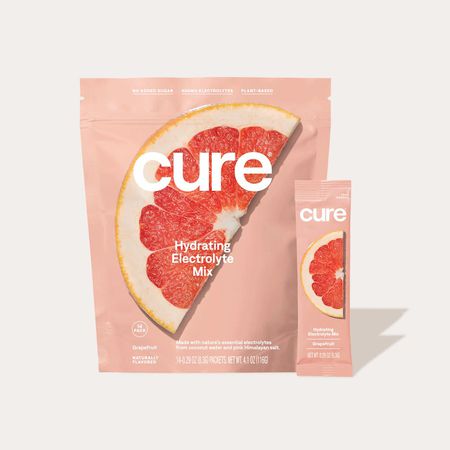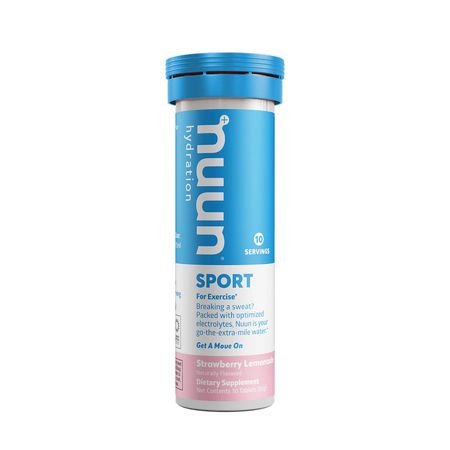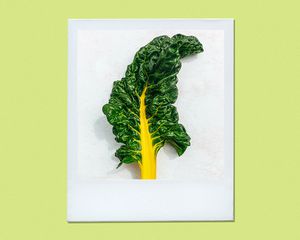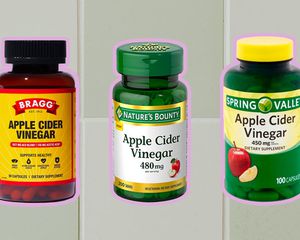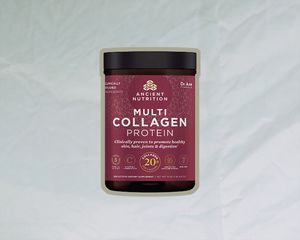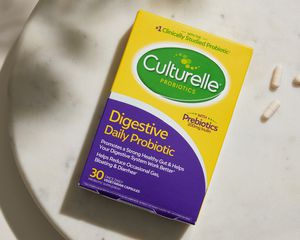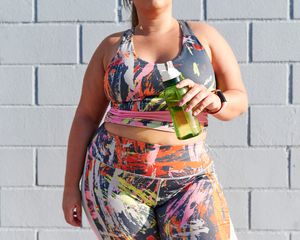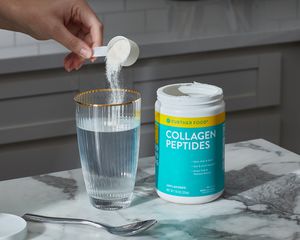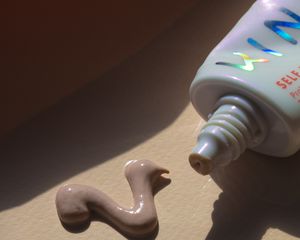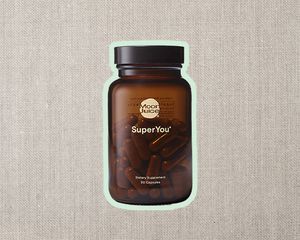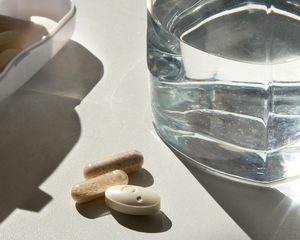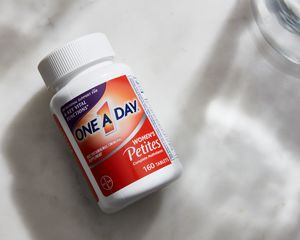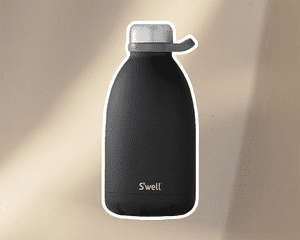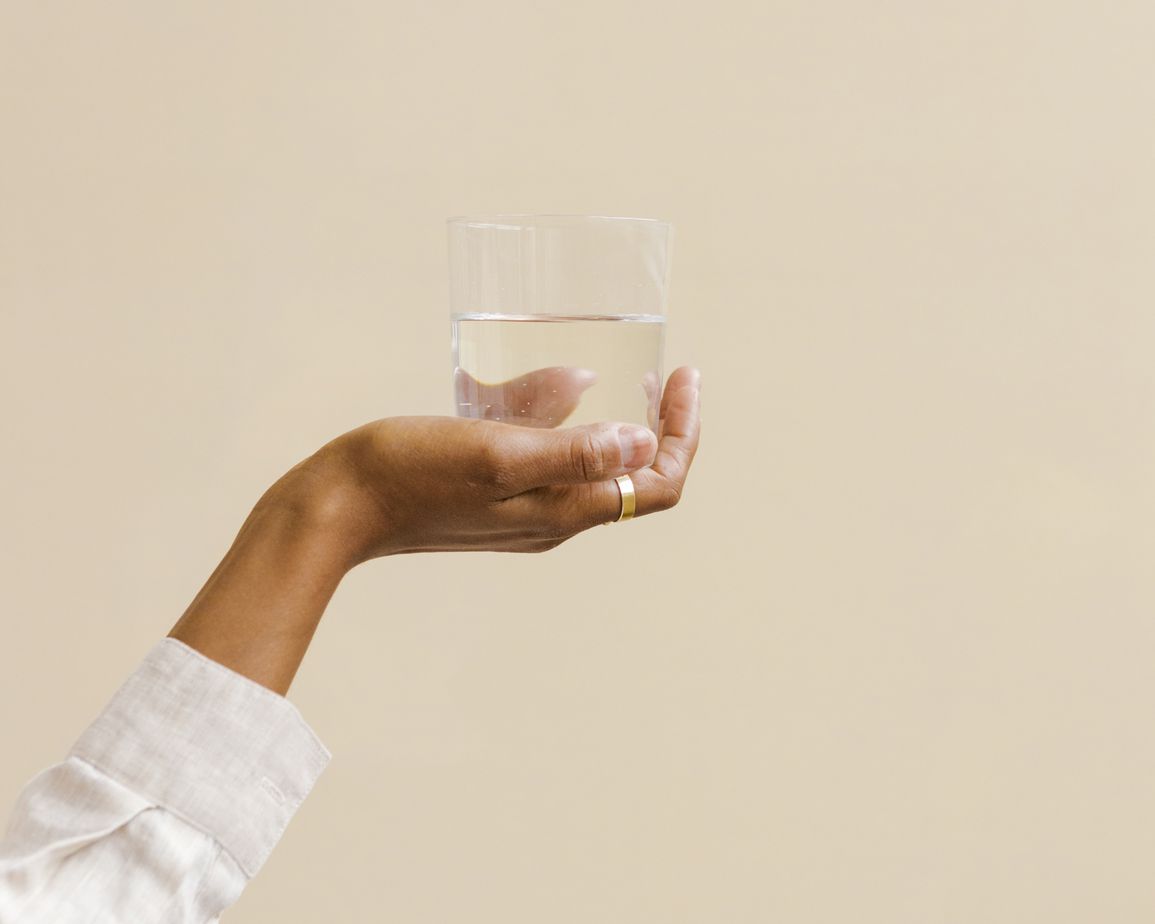
Nicole Mason / Stocksy
“The secret to my beauty is drinking a lot of water” ... says every celebrity ever. While we know that’s a load of hoopla (the secret usually involves Botox and genetics), there are so many benefits to staying properly hydrated. We need water to exist, after all.
However, most of us fail to drink the recommended 64 ounces of water each day, and that can lead to dehydration. Dehydration means your body loses more fluids than you take in—and if you don't take care of it, it can become a serious problem (you might get headaches, dark urine, muscle cramps, etc).
One hydration hack we’ve seen recently is hydration multipliers. But because we are wary of “quick fixes,” we reached out to two experts—internal and integrative medicine physician Dana Cohen, MD, and registered dietitian Charlotte Martin, MS, RDN—to get the lowdown on these so-called lifesavers. Are they safe, are they effective, and how do they actually work? Read on to find out.
Meet the Expert
- Dana Cohen, MD, is an internal and integrative medicine physician.
- Charlotte Martin, MS, RDN, is a registered dietitian and the author of The Plant-Forward Solution.
What Is a Hydration Multiplier?
The term "hydration multiplier" refers to oral rehydration solutions (ORS), which are a precise blend of sodium, potassium, glucose, and water. ORS products can help replace electrolytes, fluids, and salts lost through exercise, drinking alcohol, illness, and other medical issues that lead to dehydration. “ORS products hydrate faster and more effectively on their own, which is why they are often referred to as a hydration multiplier,” Cohen explains. “Hydration multipliers typically contain salt (or sodium), potassium, and an added sugar source,” Martin adds.
Oral rehydration solutions were originally developed by the World Health Organization, and have since reduced childhood deaths from diarrhea in many countries. There are more than 50 years of research that validate the efficacy of ORS products.
How Do Hydration Multipliers Work?
Many electrolyte supplements are formulated with some amount of glucose (sugar) to activate the body’s sodium-glucose co-transport system and enhance fluid and electrolyte absorption. “These create an osmotic force that pulls electrolytes and fluids into your system faster than water alone,” Cohen explains.
What Are the Benefits of Hydration Multipliers?
Dehydration can be a real pain. Some of the common signs and symptoms of dehydration include headaches, fatigue, dry skin, constipation, stiffness, brittle hair, urine that’s dark in color, and muscle cramps. If you can’t seem to drink enough water and are prone to dehydration, you may benefit from a hydration multiplier. “ORS products are proven to hydrate as effectively as an IV drip and up to two to three times faster than water alone," Cohen says. "They also replace valuable electrolytes lost as a result of dehydration."
When Should You Use Hydration Multipliers?
The best time to use hydration multipliers is when you are dehydrated, such as when exercising or during (or after) drinking alcohol.
The original intent of electrolyte replacement solutions was to treat those experiencing dehydration as a symptom of diarrhea. Hydration multipliers are a good idea if you’re dealing with diarrhea, vomiting, or have a high fever and are having a hard time drinking water, as they can help replenish any lost fluids, electrolytes, and salts.
How Often Can You Use Hydration Multipliers?
Every person is different. It appears safe to use them daily; however, it’s probably unnecessary for most people to do so. “On average, most people lose 250 mg of sodium per 30 minutes of exercise, which would be around one serving,” Cohen says. You can also monitor the color of your urine, which should be a faint yellow color. If it is completely clear, you are likely drinking too much water and could substitute some of the water you are drinking with a hydration multiplier to help replace electrolytes and retain fluids. If your urine is dark yellow, you are dehydrated and can drink either water or a hydration multiplier.
Martin says that, unless you’re an athlete or an avid exerciser, you probably don’t need to use hydration multipliers regularly, and plain water will suffice most of the time. However, if you’ve had a particularly sweaty workout one day—say, an outdoor workout in the middle of summer—a hydration multiplier can’t hurt.
Although it varies from person to person, Cohen recommends drinking one to two servings a day based on your activity level and hydration needs.
The Best Hydration Multipliers on the Market
Cohen's favorite ORS, this pick "is a plant-based electrolyte mix made with coconut water and pink Himalayan salt, and no added sugar or artificial ingredients."
“I like Nuun because it has less sugar [than other supplements]," Martin says. "I also like how Nuun comes in tablets as opposed to stick packs like most of the other electrolyte supplements.”
The Final Takeaway
Hydration multipliers can be a helpful way to enhance fluid and electrolyte absorption and are safe for regular use (although some contain large amounts of sugar). For most people, plain water and electrolytes obtained from food are enough to keep you hydrated and keep electrolytes in balance. However, in many circumstances, a hydration multiplier can take absorption to the next level, replenishing some of the salts you lose when dehydrated. This way, you can avoid side effects such as headache, lightheadedness, and fatigue.


